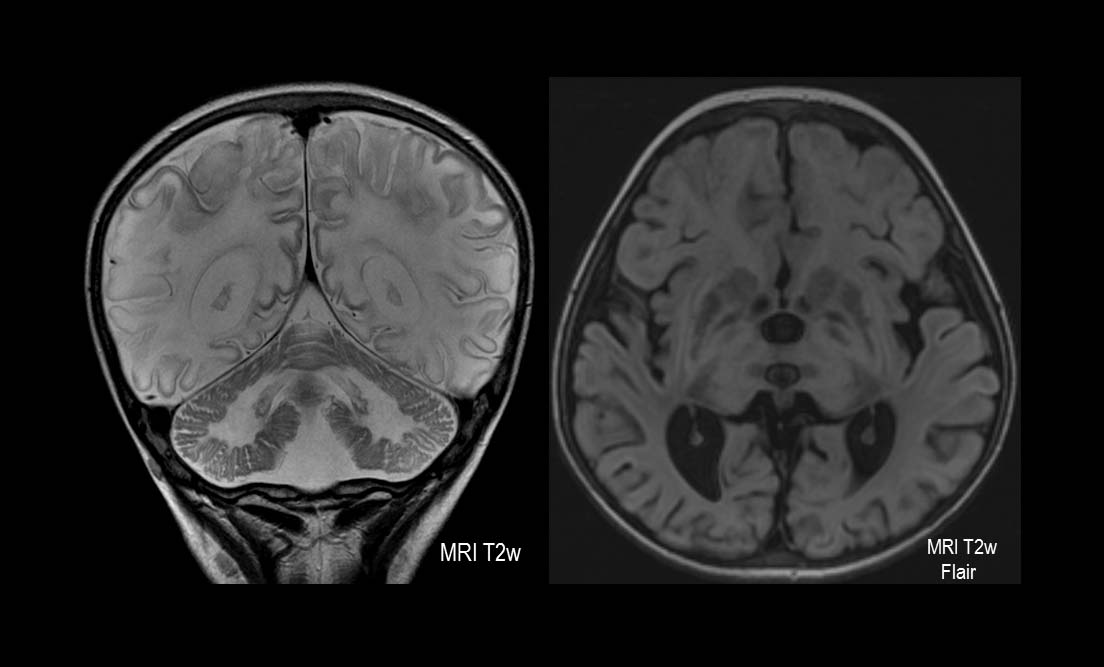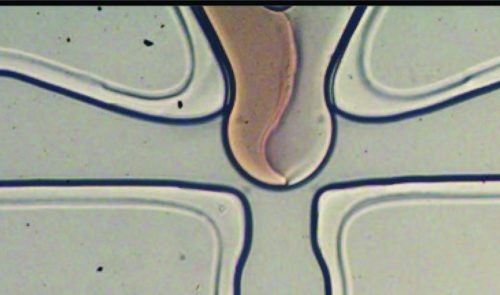
Niemann-Pick C, Tay-Sachs and Gaucher diseases are genetic lysosomal diseases that affect several organs, including the brain, liver, spleen, bone marrow, lungs and skeleton. They cause pain, disability, neurological complications and early death.
Timothy Cox is a leading UK clinical investigator for lysosomal diseases whose work has unravelled underlying disease mechanisms and directly informed international treatment guidelines.
His research explores the rebalancing of excess production of toxic sphingolipids in several lysosomal diseases, through a process called oral substrate reduction therapy. He has collaborated on the development of new diagnostic tests and innovative treatments, including the drugs miglustat and eliglustat (and currently venglustat). These effective treatments have been introduced into the clinic, improving patient outcomes.
For instance, before 2000, only a small fraction of the 20,000–30,000 patients with Gaucher disease worldwide had access to treatment. This involved life-long, repeat infusions of enzyme replacement therapy. Cox’s research brought about a sea change in treatment of these devastating diseases by pioneering oral substrate reduction therapy, drugs for which have been approved internationally for the treatment of Gaucher and Niemann-Pick C diseases; they reverse manifestations that cause disability and improve quality of life.
Severe neurological Gaucher disease has a higher incidence in countries in the Asia-Pacific, especially Taiwan, South Korea and Japan, as well as India. These countries will be engaged with the trials of venglustat as it moves through to phase 3.
Cox has also spun-out Cambridge Gene Therapy, a biotech company that has obtained regulatory support and orphan drug designations for a clinical programme to treat Tay-Sachs and Sandhoff diseases by gene therapy.
“Presently I am still taking eliglustat and […] I can honestly say that I have never felt better, which allows me to do all the things I have always wanted to do. Mostly this involves daily long walks with my dog.”
– Adele, Gauchers Type I patient (Gaucher’s Association April 2017 Newsletter)

